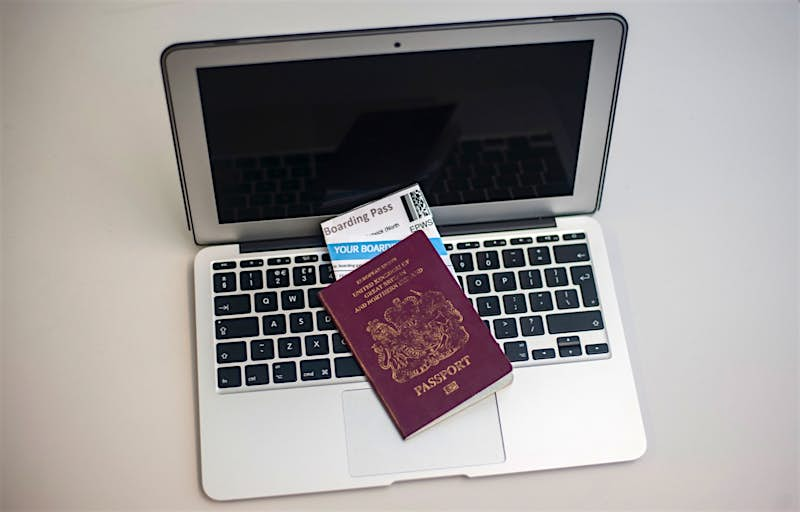Leaving your charging cable at home is a pain in the rear end when you’re on vacation, but cybersecurity experts have warned travellers to resist the temptation of borrowing someone else’s cable.
Charles Henderson, head of X-Force Red at IBM Security says that borrowing a charger from a fellow passenger or a hotel’s front desk is inadvisable as hackers can implant charging cables with malware that can remotely hijack devices and computers. He is in charge of a team of hackers that clients utilise to break into their computer systems in order to expose vulnerabilities. Speaking to Forbes, he said that while malicious charging cables aren’t a widespread threat at this time, the technology is really small and really cheap to produce and he advises against borrowing cables.

According to Henderson, USB charging stations in public places currently pose a bigger threat than malicious charging cables. He advises travellers to be careful about what they plug devices into, advice that supports the findings of the 2019 IBM X-Force Threat Intelligence Index, which found that a growing number of cybercriminals are taking to airports and training their sights on data from travellers.

“Travelling has always been when people are more vulnerable,” says Caleb Barlow, vice president of X-Force Threat Intelligence. “A few hundred years ago, the perpetrators were pirates or highwaymen. Now those criminals are still out there, but they’ve changed their methods to focus on digital attacks instead.”
“People carry a goldmine of data when travelling including passports, payment information and detailed travel itineraries. When placed in the hands of a cybercriminal, all of this information can be patched together into a complete picture of the traveller’s life to inform identity theft, initiate spear phishing attacks or be sold on the dark web.”

To learn more about travel and transportation security, please see IBM’s report here.




